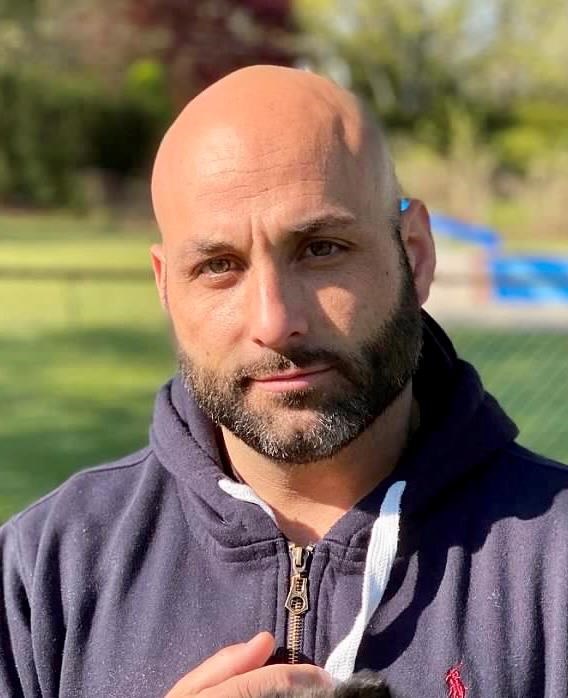

Even though we do not decide whether Navient’s dialing equipment qualified as an ATDS, we find that Navient did not use an ATDS in violation of the TCPA when it called the Panzarellas. As a result, it erred by failing to consider whether Navient’s dialing “equipment” as a whole qualified as an ATDS. It concluded that Navient’s dialing technology did not qualify as an ATDS under section 227(a)(1) of the TCPA because it viewed a particular component of Navient’s dialing technology as separate from its dialing system. The District Court granted summary judgment for Navient. The Panzarellas assert that Navient called their cellphones without 3 their prior express consent using an automatic telephone dialing system (“ATDS”) in violation of section 227(b)(1)(A)(iii) of the TCPA. Elizabeth and Joshua Panzarella (“the Panzarellas”) sued Navient Solutions, LLC (“Navient”), claiming that, among other things, Navient violated the Telephone Consumer Protection Act of 1991, 47 U.S.C. Eads Greenberg Traurig 1717 Arch Street Suite 400 Philadelphia, PA 19103 Counsel for Appellee _ OPINION OF THE COURT _ Rendell, Circuit Judge. Simonetti Greenberg TrauCentury Park East Suite 1900 Los Angeles, CA 90067 Lindsay N. Washington, DC 20036 Counsel for Amicus/Appellants Lisa M. Butler Megan Iorio Christopher Frascella 1518 New Hampshire Avenue, N.W. 1500 Walnut Street Suite 900 Philadelphia, PA 19102 Counsel for Appellants Alan J. Mitchell Maney & Gordon 101 East Kennedy Boulevard Suite 1700 Tampa, FL 33602 Robert P. Searles Francis Mailman Soumilas 1600 Market Street Suite 2510 Philadelphia, PA 19103 David P.

Tucker _ Argued Febru_ Before: GREENAWAY, JR., SCIRICA, and RENDELL, Circuit Judges. 2-18-cv-03735) District Judge: Honorable Petrese B. _ On Appeal from the United States District Court for the Eastern District of Pennsylvania (Civil No.

20-2371 _ ELIZABETH PANZARELLA JOSHUA PANZARELLA, Individually and on behalf of all others similarly situated, Appellants v. PRECEDENTIAL UNITED STATES COURT OF APPEALS FOR THE THIRD CIRCUIT _ No. Despite the text’s lack of clarity, Section 227(b)(1)(A)’s context and legislative history establish it was intended to prohibit making calls that use an ATDS’s auto-dialing functionalities the record establishes that Navient did not rely on random- or sequential number generation when it called the Panzarellas.

The Third Circuit affirmed summary judgment for Navient, without deciding whether Navient’s dialing equipment qualified as an ATDS. Navient argued that its ININ System did not qualify as an ATDS because the system lacked the capacity to generate and call random or sequential telephone numbers. 227, by calling their cellphones without their prior express consent using an automatic telephone dialing system (ATDS). The Panzarellas filed a putative class action, alleging violation of the Telephone Consumer Protection Act, 47 U.S.C.
#Christopher panzarella software#
Call logs show that over five months, Navient called Elizabeth's phone number four times (three calls were unanswered) and Joshua's number 15 times (all unanswered), using “interaction dialer” telephone dialing software developed by ININ. He became delinquent on his loans and failed to respond to Navient’s attempts to communicate with him. Matthew listed his mother (Elizabeth) and brother (Joshua) as references on student loan applications and promissory notes and provided their cell phone numbers. Navient serviced the student loans of Matthew Panzarella.


 0 kommentar(er)
0 kommentar(er)
